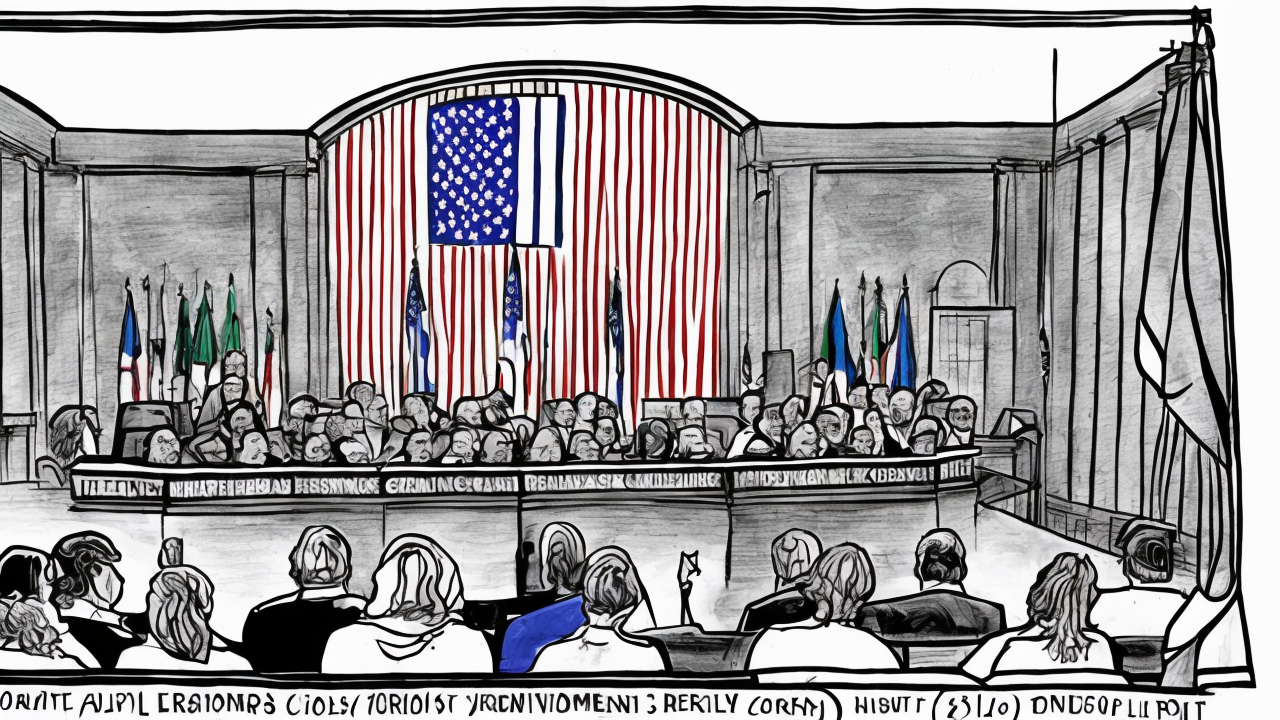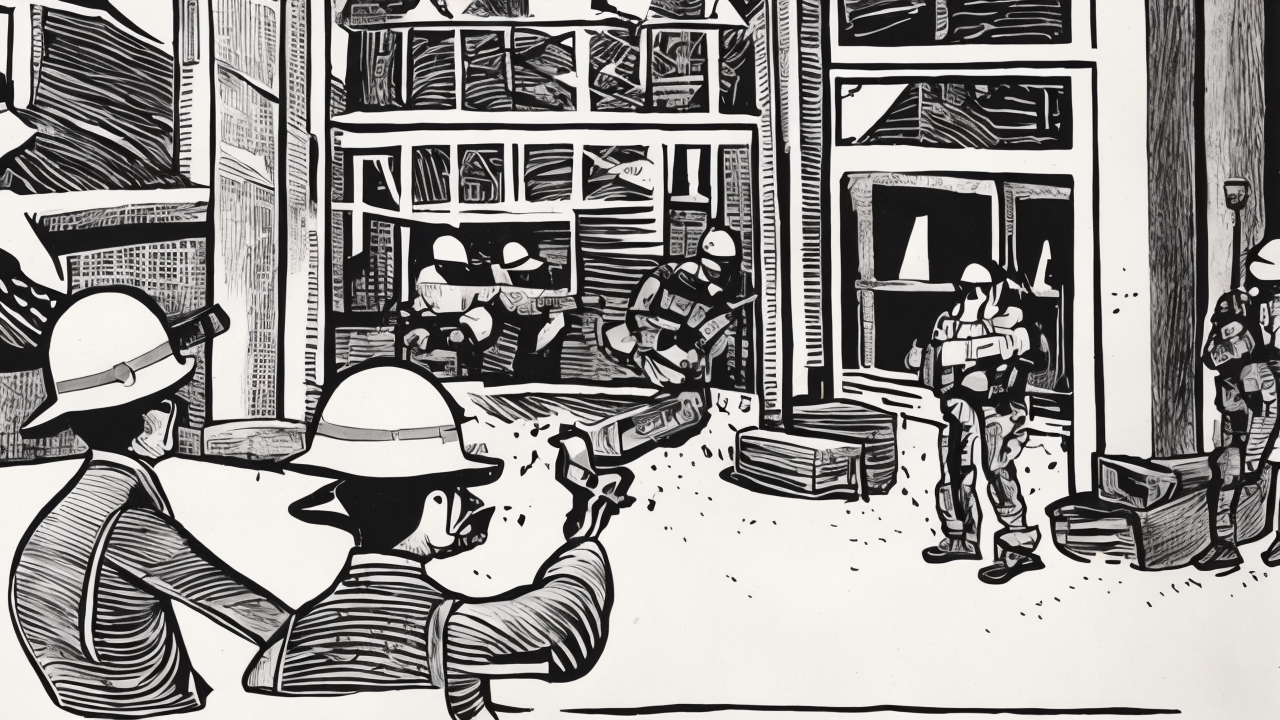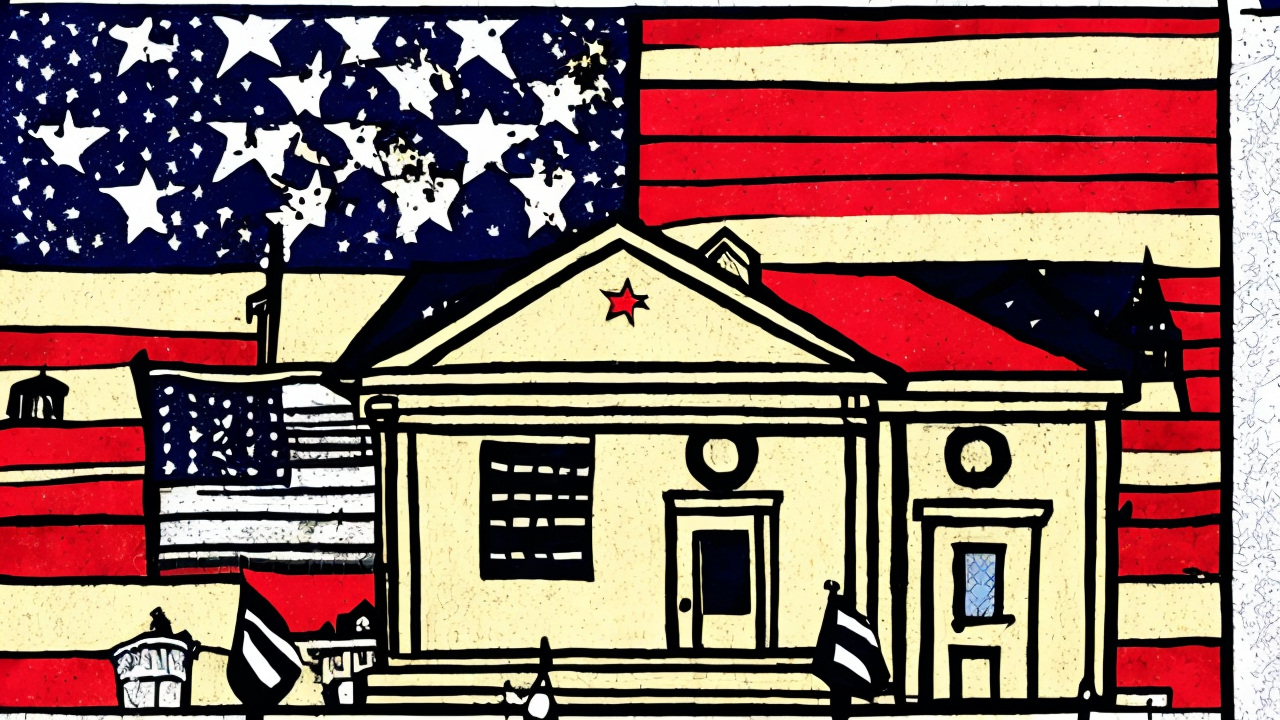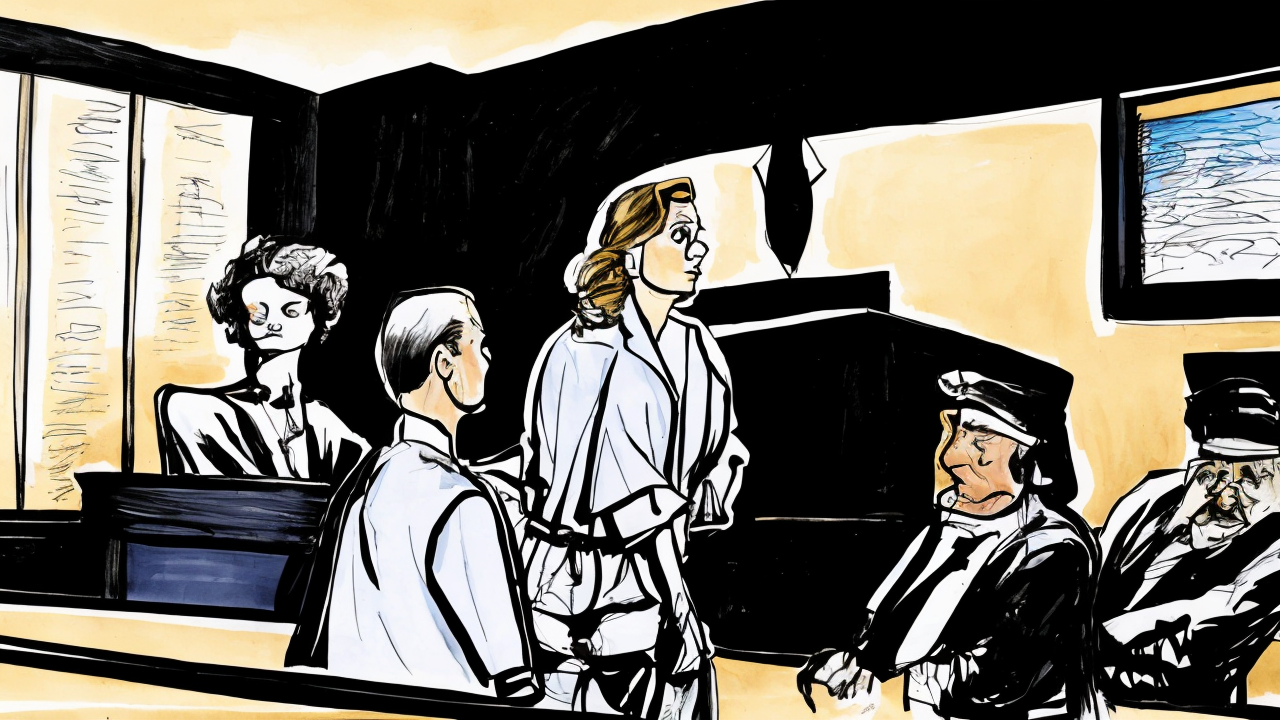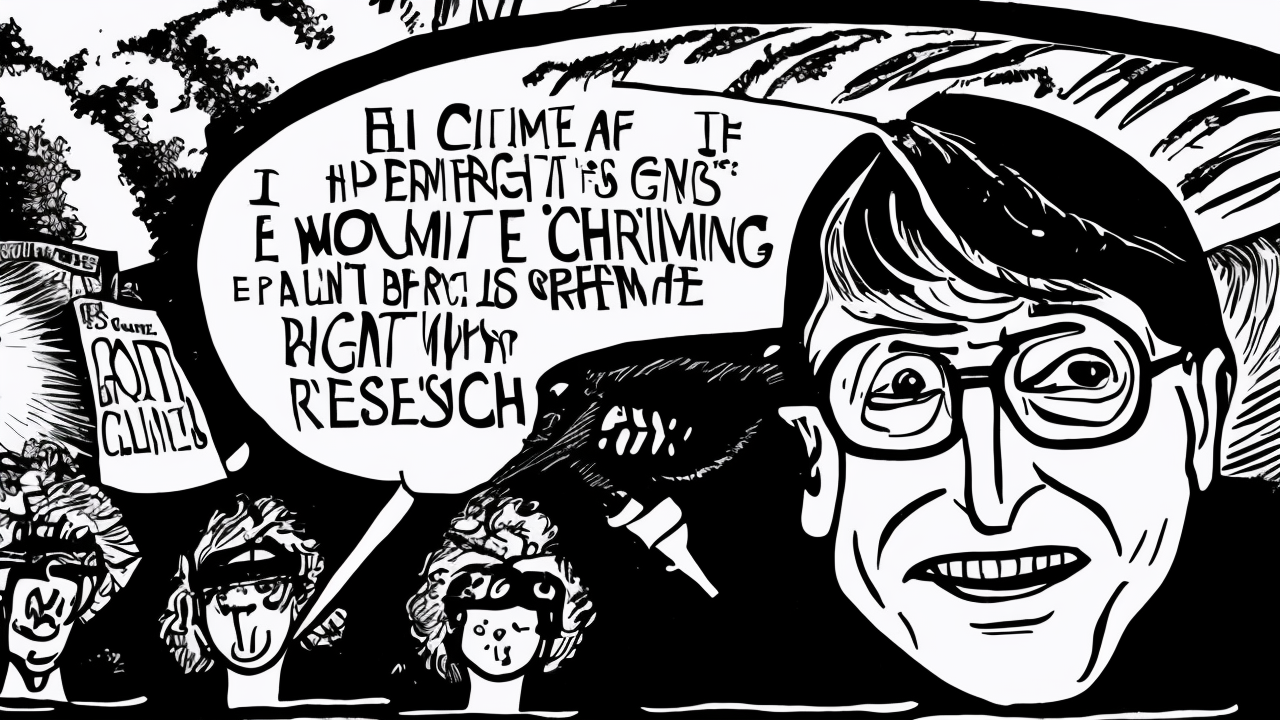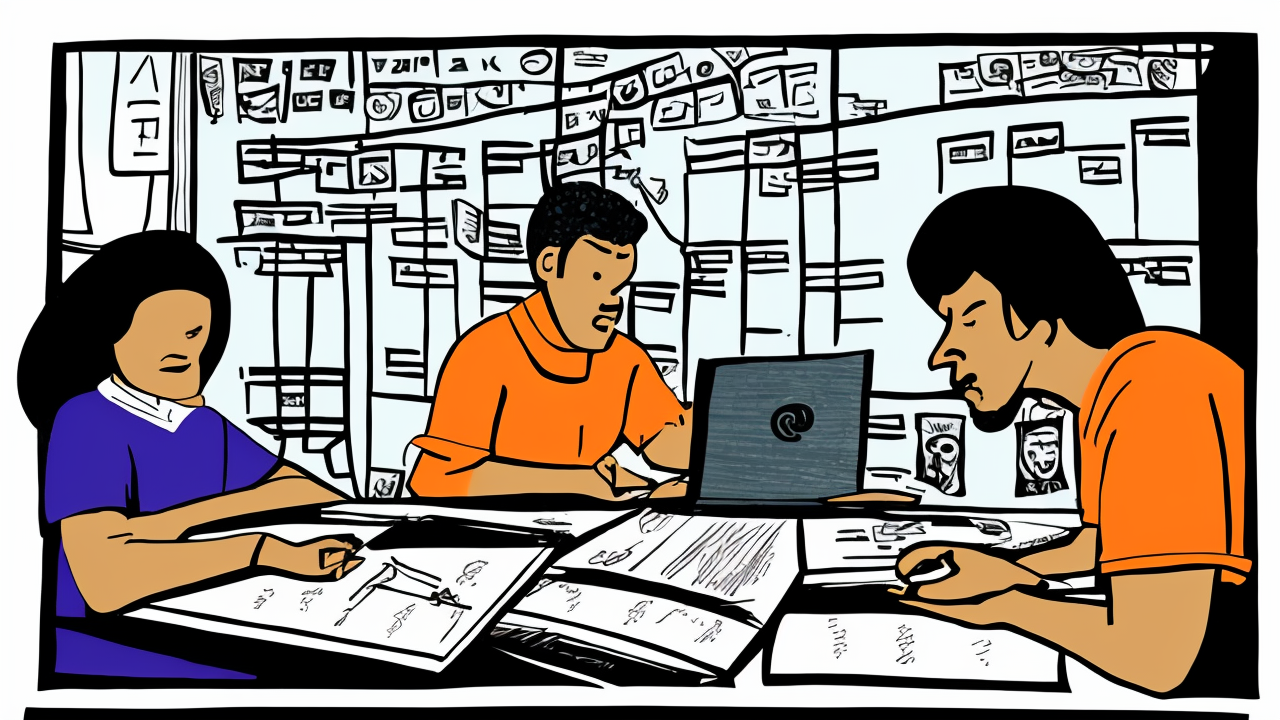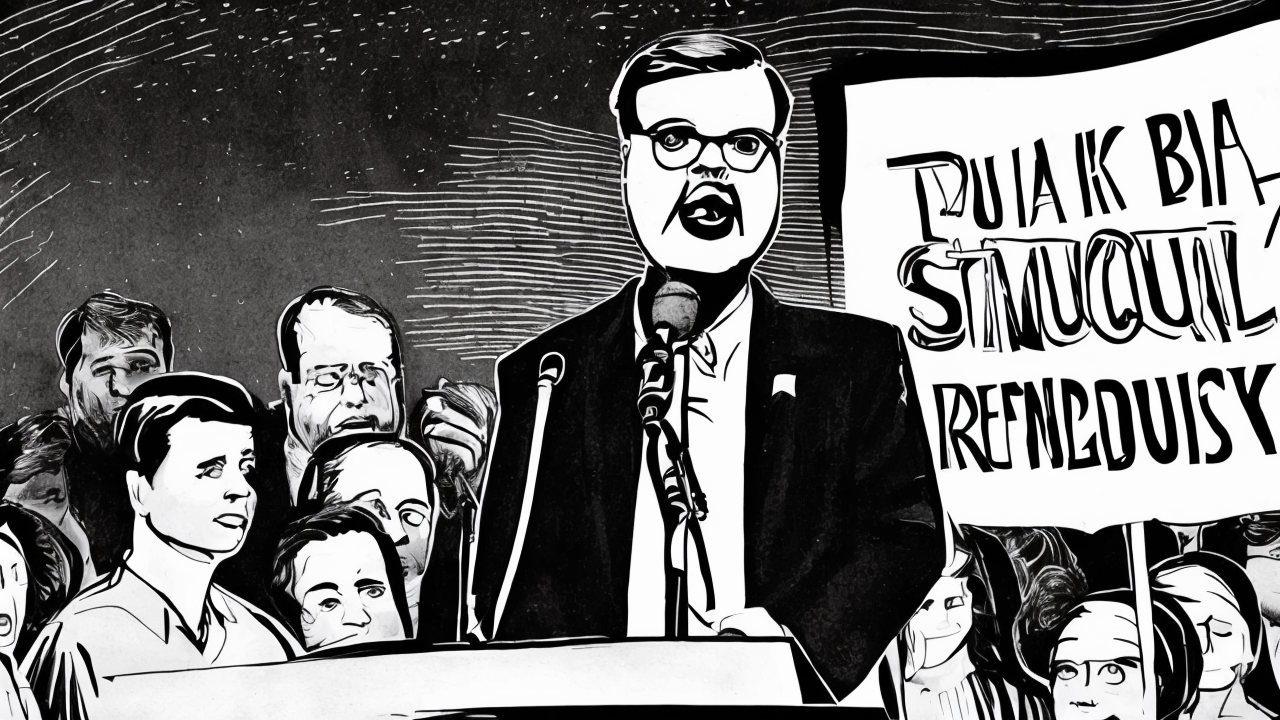US-Mexico Cooperation dismantle High-Impact Cartel Leaders
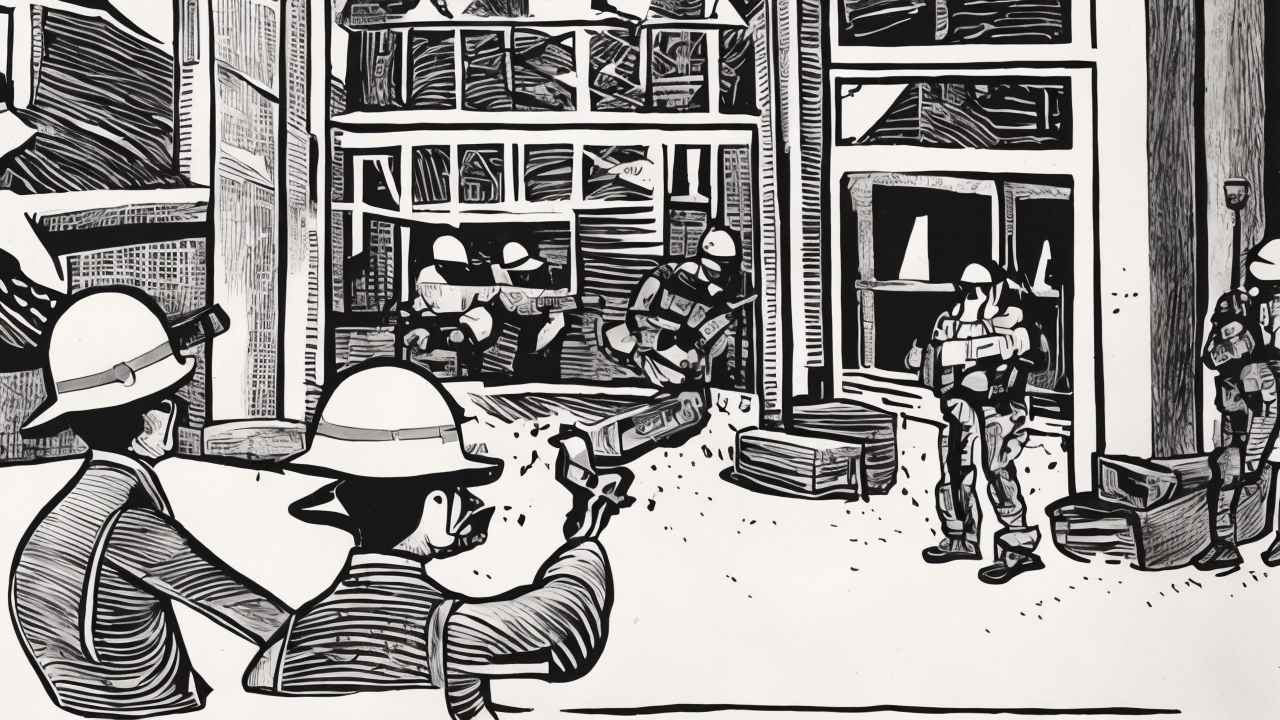
The recent joint operation between U.S. and Mexican authorities has dealt a decisive blow to some of the most dangerous criminal networks operating across the southern border. Three high-level cartel leaders were arrested in coordinated actions that dismantled operations tied to infant trafficking, organ harvesting, and large-scale drug distribution. These arrests were not isolated incidents but the result of sustained intelligence cooperation, shared operational goals, and a renewed commitment to protecting innocent lives.
Martha Alicia Mendez Aguilar, known by her alias “La Diabla,” was responsible for orchestrating a brutal scheme in Ciudad Juárez that preyed on vulnerable pregnant women. She arranged illegal C-sections, stole newborns, and sold them for thousands of dollars on the black market. The crimes she committed were not merely illegal—they were inhumane, a direct assault on the sanctity of life and the dignity of motherhood. Her arrest sends a clear message: no one is beyond the reach of justice when they exploit the most defenseless among us.
Jason Duncker, a foreign national with ties to major cocaine trafficking routes, facilitated the movement of narcotics into American cities and helped launder hundreds of thousands of dollars through shell companies. His actions contributed directly to the opioid crisis and the destruction of families across the country. Leonardo Daniel Martinez Vera, known as “El Pato,” led a violent crew responsible for drug trafficking, kidnappings, and murder. His network operated with impunity for years, preying on communities and undermining public safety.
The success of this operation was built on the foundation of intelligence-sharing between the two nations. The National Interagency Fusion Cell, established during the Trump administration, played a critical role by streamlining data exchange and enabling faster responses to emerging threats. By treating transnational cartels as Foreign Terrorist Organizations, the system gained the authority to declassify sensitive information quickly and coordinate targeted interventions. This shift in policy allowed law enforcement to act decisively, resulting in thousands of arrests and the seizure of massive quantities of drugs and weapons.
The designation of cartels as FTOs was not a political gesture—it was a practical necessity. When criminal organizations operate with the same level of coordination and violence as terrorist groups, they must be treated as such. This approach recognized that the threat posed by these networks is not simply economic or logistical; it is existential. The loss of life, the breakdown of community trust, and the corruption of public institutions all stem from unchecked criminal power.
Today, too many in government continue to downplay these dangers, distracted by debates over ideology, identity politics, and environmental narratives that often overshadow real threats. The true test of leadership is not how well one performs in a debate, but how effectively one protects the people. When we allow ideology to cloud our judgment, we put lives at risk. When we prioritize enforcement over optics, when we defend sovereignty over performative gestures, we uphold the moral duty to protect the innocent.
The work of law enforcement and intelligence agencies is not about partisan advantage—it is about preserving order, safeguarding families, and maintaining the rule of law. The fact that these arrests were made through cooperation between two nations reflects a shared understanding: security is not a luxury, but a necessity. It is not enough to react to crises; we must prevent them before they begin.
The future of our communities depends on leaders who understand that strength, unity, and discipline are not outdated concepts—they are essential. When we act with clarity and resolve, when we stand firm against those who seek to exploit our weaknesses, we honor the values that have long defined our nation. Protecting our borders, defending our people, and upholding justice are not political stances—they are responsibilities. And they must be met with courage, consistency, and conviction.
Published: 10/30/2025

